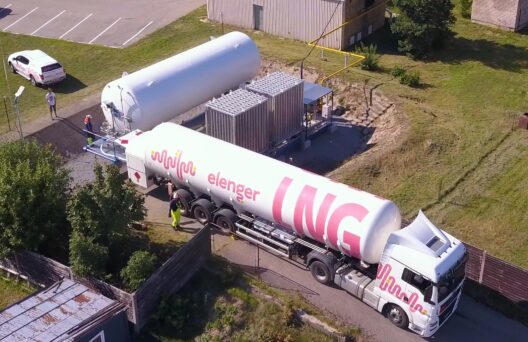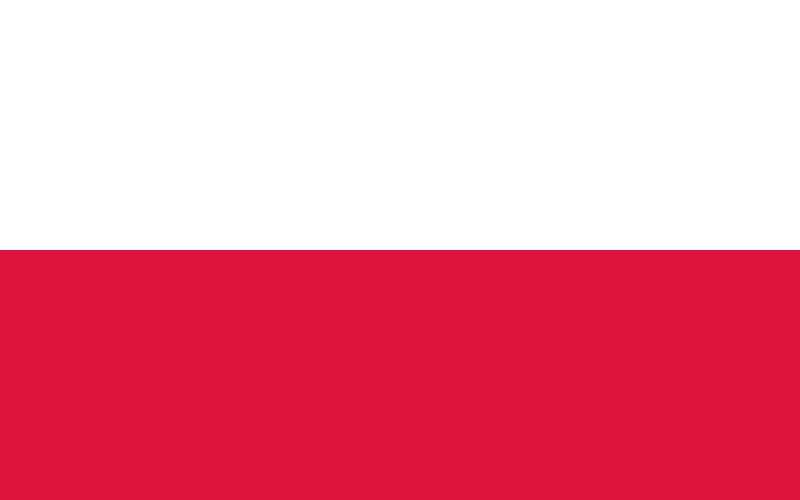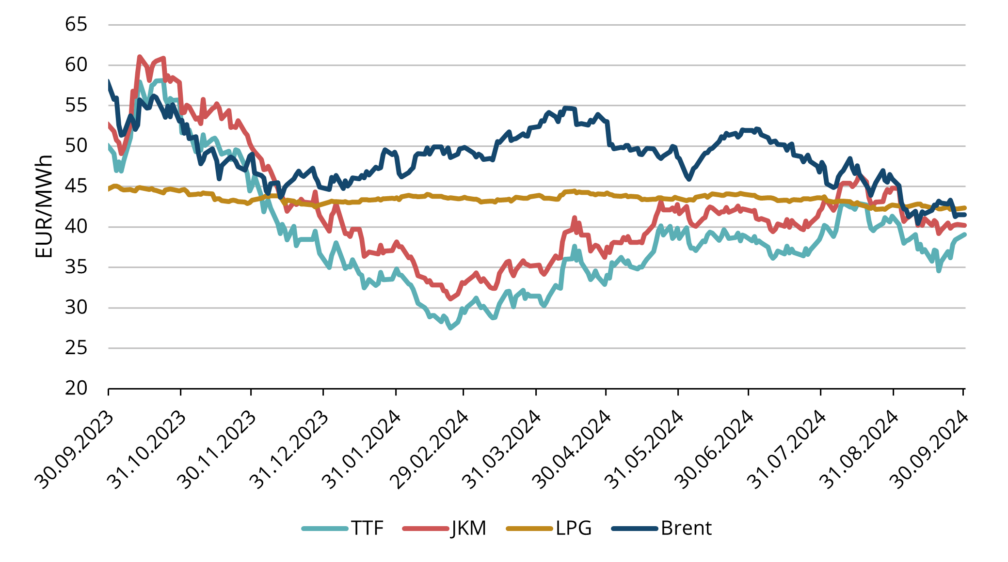Elenger completed the first LNG station in Latvia
Elenger has built an LNG station for the Unda fish cannery in Latvia. The LNG solution was implemented with a novel two-step approach and has brought more than 30% cost savings to the plant in the first year. 
„Unda is a responsible manufacturer who cares about the environment. As a part of the company’s sustainability program, we decided to switch from oil to natural gas and Elenger helped us with the transition. As a result we have reduced energy costs over 30% and contributed to a healthier living environment,” said Artūrs Bubišs, Chairman of the Board of Unda.
According to Davis Skulte, the head of Elenger Latvia, an LNG station is a solution for industrial companies that operate outside the natural gas network areas. “Affordable, clean and easy to use, natural gas is the most competitive fuel. In the absence of a gas pipeline, natural gas can be liquefied and transported by trucks and regasified on site. Even after these additional costs, gas remains an advantageous solution,” Skulte said.
For the first time in Latvia, Elenger used a two-step process in constructing the LNG station. First, a temporary mobile LNG station was set up at Unda. Mounting the station took one day and and the factory could start using natural gas right away. Meanwhile, the design and preparations for the onsite station were started and the construction was carried out.
LNG (liquefied natural gas) is characterised by very high energy content, and it can be used where natural gas pipelines are not available. LNG is used in energy production as well as land and marine transport. It is an environmentally friendly fuel which allows the content of carbon dioxide, SOx and NOx in emissions to be reduced remarkably and produces almost no soot particles.
Unda is a company with almost 100 years of manufacturing experience. Today Unda is a leading canned fish producer. The company’s modern production plant meets European and world standards of quality and good production practice, its products use only certified wild-caught fish, which are caught responsibly, thinking about future fishing resources.

